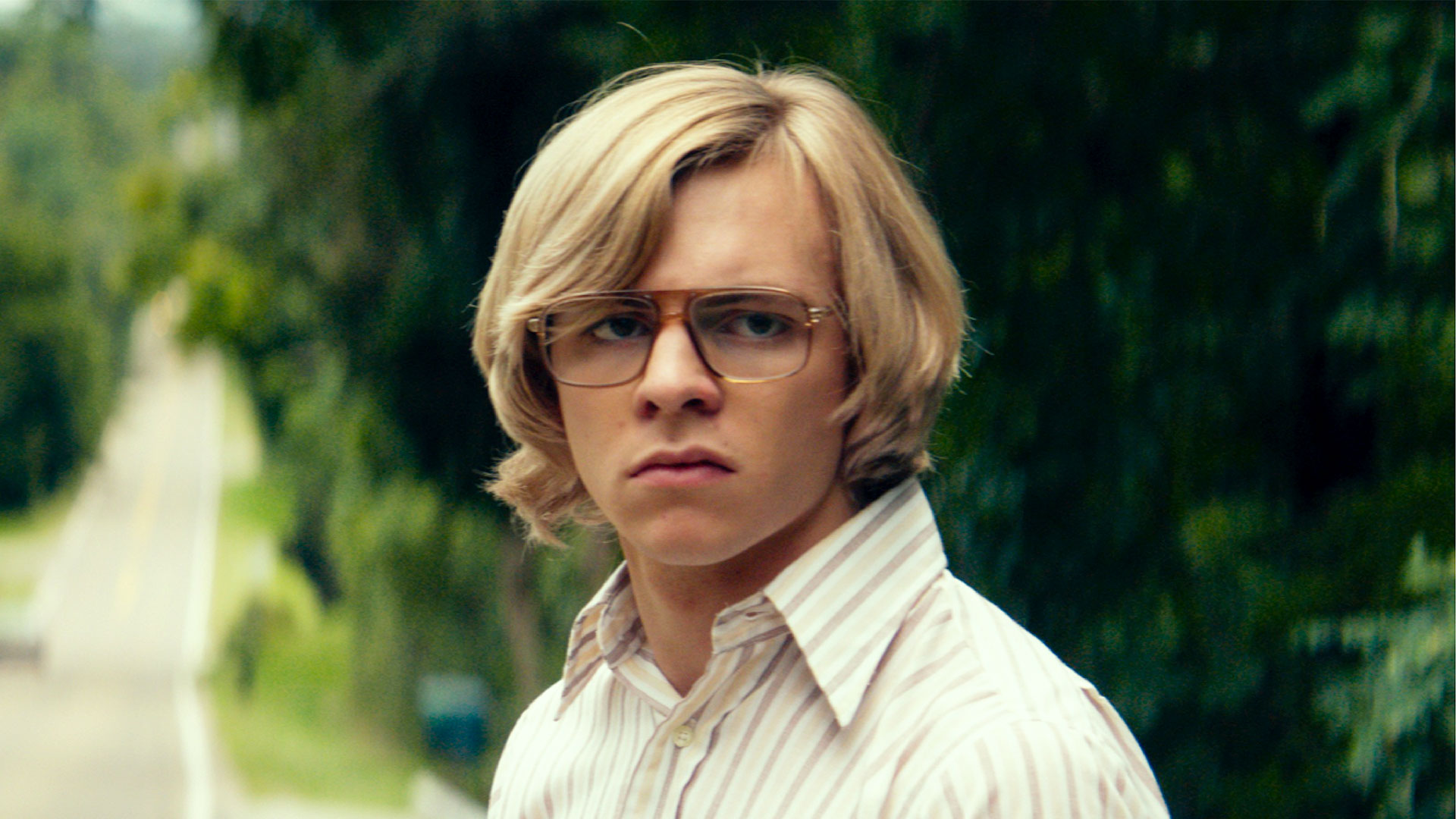
The idea of an interest in true crime is a difficult concept to approach. However, now with podcasts, TV, books, and more pop culture mediums dedicated to true crime, it is fair to say a fascination for the subject matter has developed. While one can make the argument that true crime as an allure is morbid, the topic has given life to a whole genre in the filmmaking industry that cannot be ignored.
While some movies flop, others sincerely try to delve into the horror of humanity. They try to analyze the psychology and motivations behind heinous actions of some notorious men and women. In the end, the debate may continue regarding the tastefulness or need of true crime films, but it has now become an established genre that has given audiences harsh realities, burning questions, and a lot to think about.
Here are the top 10 true crime-based films you may have never seen.
1. The Boston Strangler (1968)
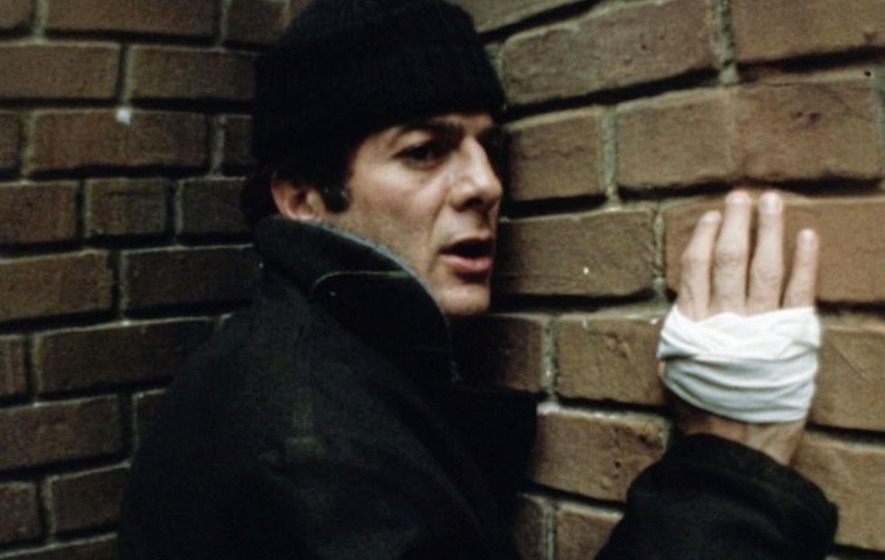
Both overshadowed thanks to other movie premieres of the time such as Rosemary’s Baby and Planet of the Apes and surrounded with controversy for its subject matter, The Boston Strangler is a cinematic classic worthy of any true crime enthusiast’s time. Based on the real-life murderer of the same name, the film centers around the police investigation headed by John Bottomly (Henry Fonda) as he tries to solve the murders of multiple female victims.
Eventually, Bottomly obtains the evidence he needs to arrest Albert DeSalvo (Tony Curtis in of one the best performances of his career). As DeSalvo denies having taken part in the murders at first, the police are unsatisfied with that answer and are determined to hear him confess to his deadly crimes. However, whether he is guilty or not is for audiences to decide.
The Boston Strangler is a film that succeeds through its subjectivity of brutal real-life events. There is an array of impressive filmmaking tricks presented in the film. Some of these techniques include split-screen, POV, zooms, cross-fades, image distortion, and more. As a result of all the techniques portrayed on screen, viewers gain an appreciation for the film in a variety of different ways. Firstly, spectators never feel duped or like their intelligence is being undermined. The viewpoints of both police and killer are displayed clearly no matter how messy, vicious, tragic, or infuriating they may be. Secondly, the pursuit, capture and examination of the murderer are handled with so much remarkable detail that audiences are immediately captivated by the story.
The Boston Strangler is a fantastic film that earnestly attempts to understand the mind of a serial killer and never delve into exploitative bad taste.
2. The Clovehitch Killer (2018)
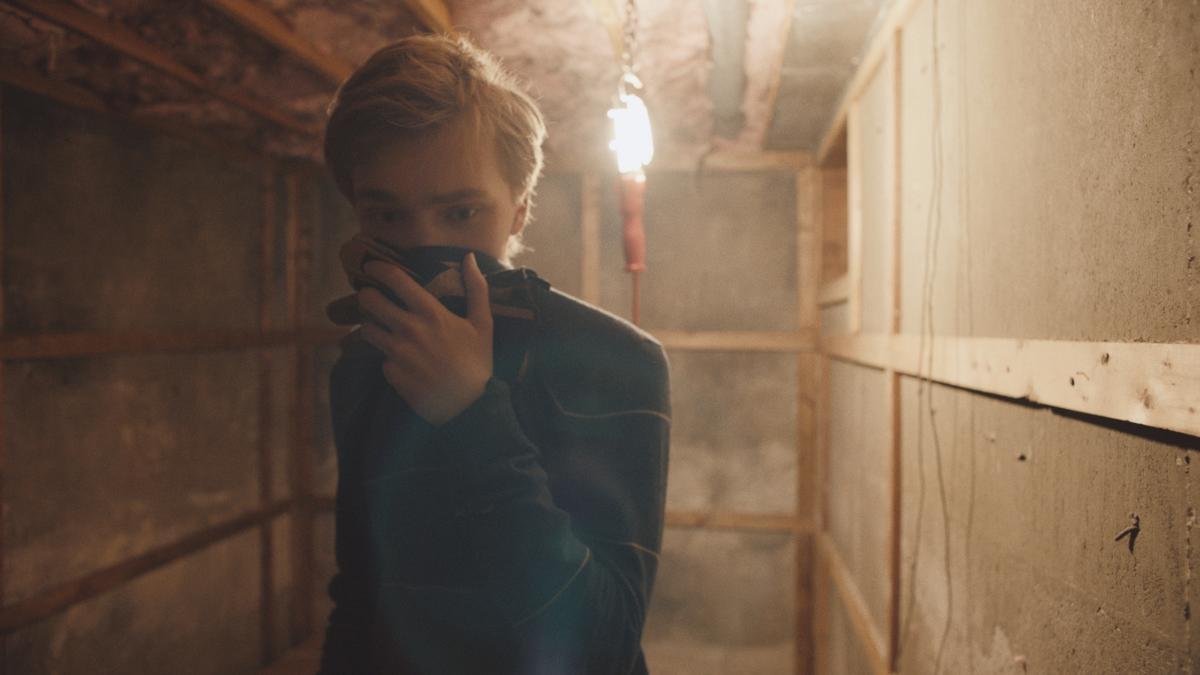
Inspired by serial killer Dennis Rader aka the BTK Killer, The Clovehitch Killer uses reality-based terror rather than elaborate spectacle to strike fear into the hearts of its audiences.
In the film, a boy named Tyler (Charlie Plummer) finds a multitude of troubling images in his father’s possession. After this discover, Tyler begins to suspect that his father, Don (Dylan McDermott), may be responsible for a spree of unsolved murders.
A huge factor of this film that makes it so intriguing is its patience. While some may claim it is predictable, the movie does not desire to thrive through major plot twists or massive reveals. By making it clear early on that Don is a murderer and mindful of the teenagers’ suspicions, director, Duncan Skiles Skiles and writer, Christopher Ford, bring tension and anxiety to the most seemingly banal activities. A family dinner, a church service, or a camping trip all become platforms for potential violence.
The acting performance of McDermott is also a key element that makes the Cloverhitch Killer extremely frightening. McDermott’s almost sickening portrayal of a squeaky clean “normal” dad becomes more and more chilling as viewers see how effortlessly he finds a reason for sending the family away to act out his murderous urges.
The Clovehitch Killer is a film in which the horror lies not in the destination but in the journey.
3. Mesrine: Killer Instinct (2008) and Mesrine: Public Enemy #1 (2008)
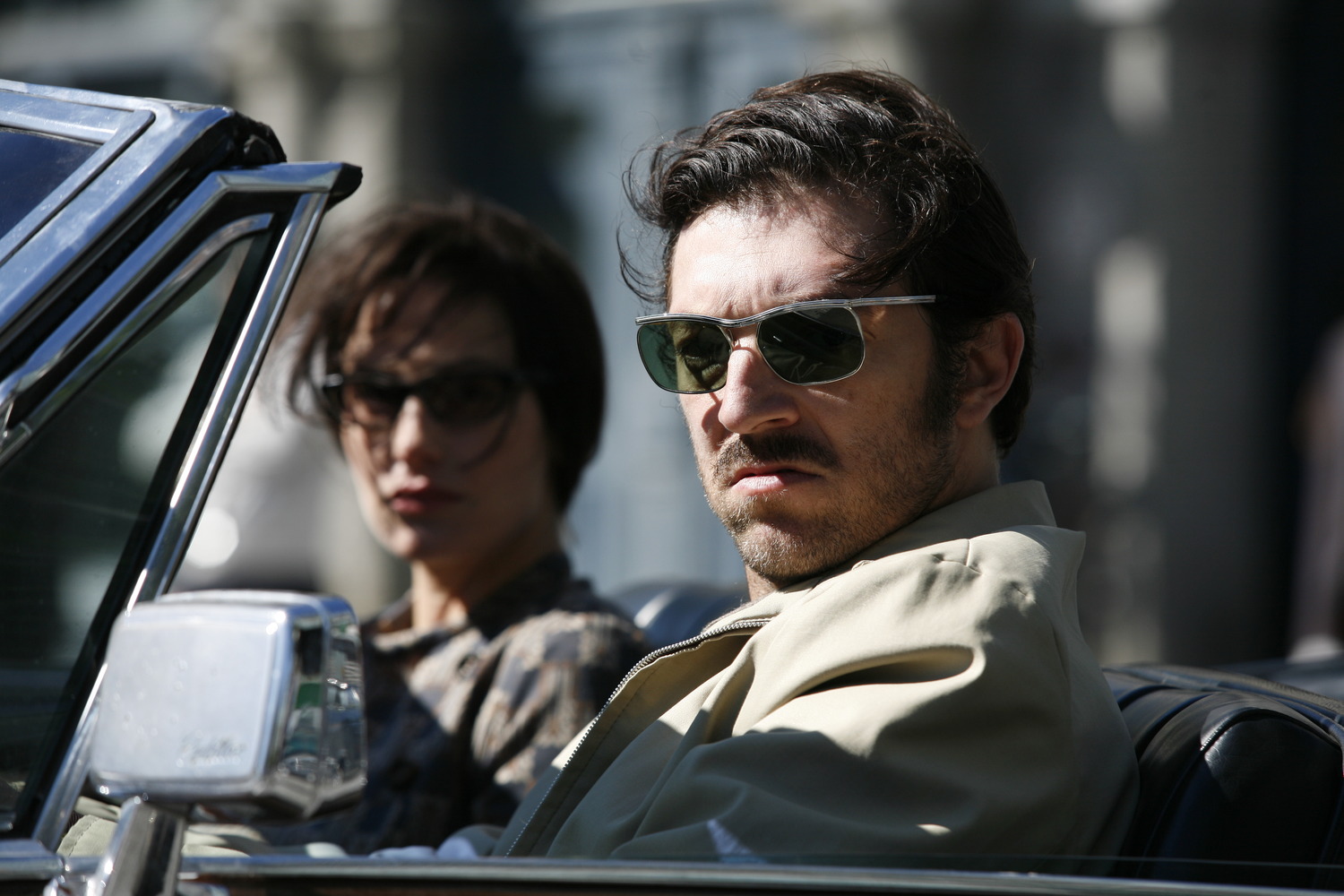
This two-part telling of one of the most notorious criminals in history, Jacques Mesrine, truly demonstrates his status as France’s Public Enemy #1. Both films depict the man known as Jacques Mesrine (Vincent Cassel) and his journey from son and dedicated soldier to iconic gangster.
Returning to the Cagney-Robinson phase of gangster filmmaking, the first part of this biopic story, Mesrine: Killer Instinct, heavily focuses on a single charming yet contradictory thug turned criminal legend through a pace that cannot be reckoned with. Just like the intensity of classic gangster films and Mesrine’s dangerous life, the film combines stellar character development through Cassel’s performance and solid action sequences. With so much occurring in the film, audiences cannot help but be transported to Mesrine’s chaotic and brutal world.
Part two, Mesrine: Public Enemy #1, does what any good continuation of a story should do. It evolves. With part one exploring more of Mesrine’s formative experiences and his random crimes, part two displays Mesrine’s growing sense of victimization. Audiences become further interested in the psychology of Mesrine as he becomes more invested in a large-scale rebellion rather than basic crookedness, and luckily for movie-goers, they get to see this evolution with all the action and style of its predecessor.
Mesrine: Killer Instinct and Mesrine: Public Enemy #1 are master works in epic true-crime storytelling.
4. My Friend Dahmer (2017)

My Friend Dahmer is an undeniably curious account of the young boy that came before the monster the public discovered known as Jeffrey Dahmer (Ross Lynch).
There is a quiet intelligence to the film. No scene feels unnecessary nor like it is trying to manipulate audiences to think a certain way. Instead of forecasting his crimes buy turning chance to clues for future events, My Friend Dahmer simply focuses on the surroundings and declining stability of a lost kid.
By the conclusion of the movie, viewers leave very satisfied even with big questions still unanswered. This excellent character study does not desire to solve the mysterious motivations behind Jeffrey Dahmer’s actions. Just as the film coveys, Dahmer is the only one who knows the “why” behind his murderous nature. While the movie shows how people treated Dahmer in his younger years, it all comes down to him in the end.
The film strives to show people that even the scariest monsters that exist in our world have a past.
5. Summer of Sam (1999)
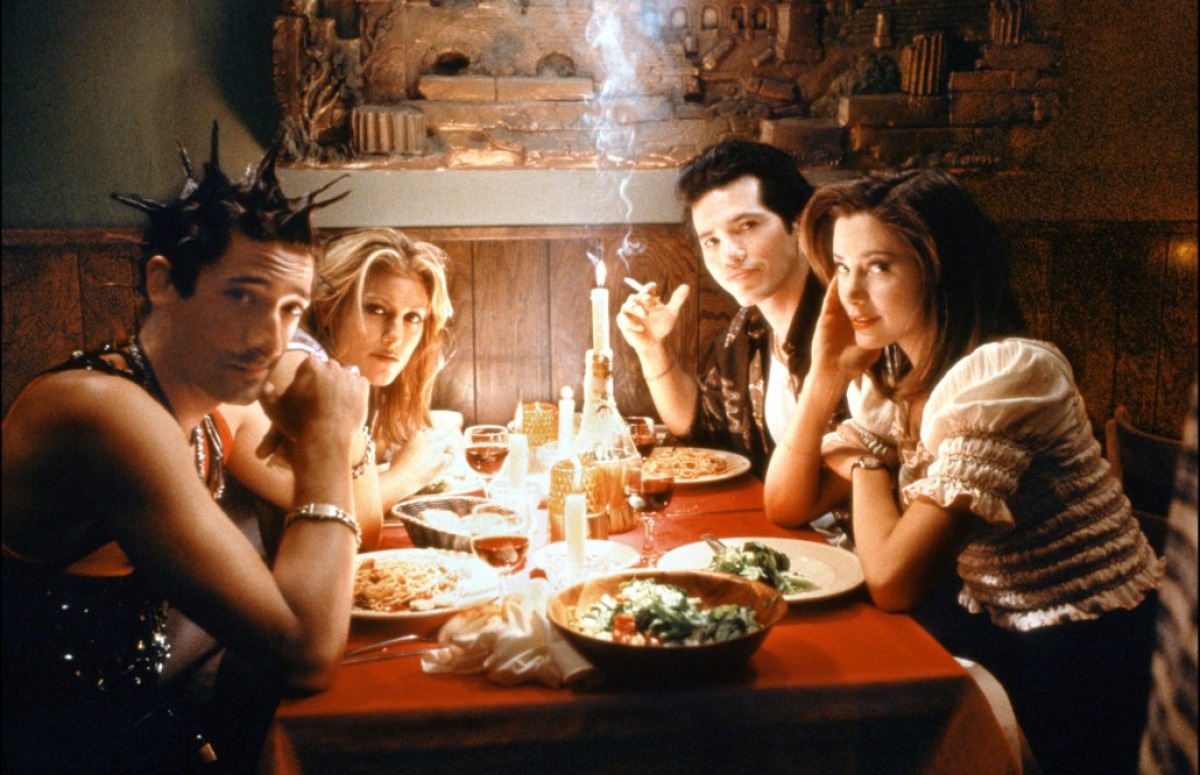
Summer of Sam hits audiences hard with its well-crafted fury. During the summer of 1977, a killer, aka the Son of Sam, commits a series of violent murders in New York City. While out, a man named Vinny (John Alberto Leguizamo) inadvertently almost becomes a victim of the psychopath. Since Vinny survived his ordeal, Vinny decides it is up to him along with his wife, Dionna (Mira Sorvino), wannabe porn star Ruby (Jennifer Esposito), and his punk-rocker friend, Ritchie (Adrien Brody) to uncover the identity of the murderer before it is too late.
Summer of Sam presents a horrifyingly accurate reminder of the tension-filled atmosphere in which the Son of Sam killings took place. As a result of this spot-on atmosphere, the film depicts a range of reactions centering around the Son of Sam’s killings. Realistic fear, panic, and guilt are shown with such intensity that spectators feel all those same emotions in return.
Along with the setting and mood, a strikingly unique element that sets the film apart from many true crime movies is its viewpoint of the subject matter. This film is not about the murderer or his slayings. It is about the living bystanders whose overheated imaginations formed into chaos. Hostile mob mentality, an uncontrollable terror, and crippling paranoia are enthrallingly captured on the big screen. Near the end of the film, the tension and flaring emotions lead to a memorable closing sequence in the movie that shows a side of humanity that is so ugly because of its familiarity to all human beings.
Summer of Sam fascinates viewers as it perfectly portrays the insatiable need to find someone to blame vs. the need to blame someone who seen as different.